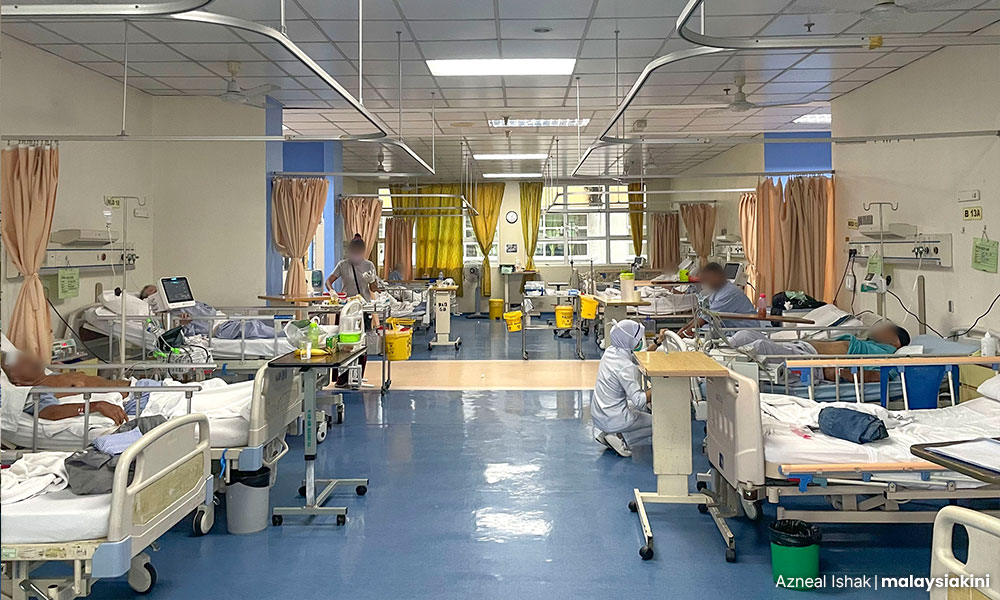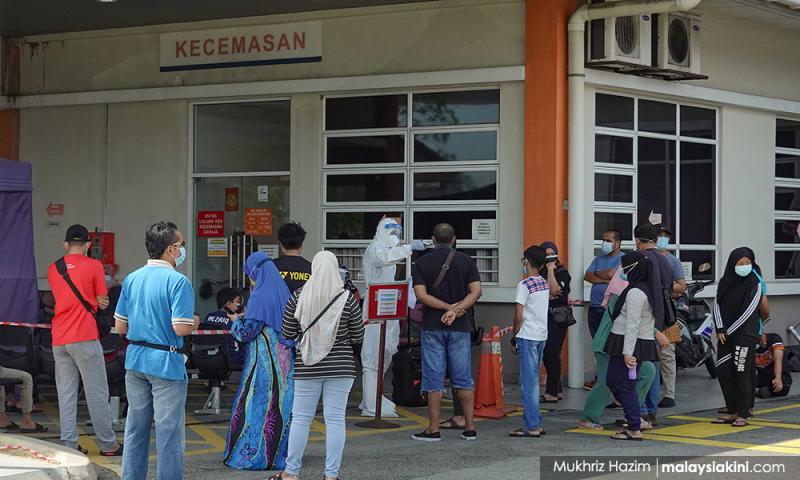LETTER | Need for regulatory mechanism to protect the insured
LETTER | While the public healthcare system is relatively efficient in delivering healthcare to the rakyat, nevertheless it is overburdened.
There have been clear reports of shortage of beds, long wait to see specialists, and even long waits for emergency treatments.
The government through the White Paper is exploring the best way forward to address these issues.
The option for consumers for access to shorter waiting time, choice of care provider, and latest treatment options, without enduring undue financial stress, is through private medical insurance.
Private health insurance may not be the best option. Private health premiums are often risk-rated, thus those with pre-existing conditions and higher risks such as the elderly face higher, often unaffordable premiums or are denied coverage.
Furthermore, fee-for-service reimbursement encourages unnecessary investigations and over-treatment. Such investigations escalate costs and thus raise premiums, further burdening the consumer.
Yet in the face of an overburdened public healthcare, consumers often are forced to access private healthcare.

Without some form of insurance, they are forced to pay out of their own pocket, that is, from their own savings or through borrowings. This, of course, is the most disastrous form of financing healthcare as it could cause personal and family financial catastrophe.
But out-of-pocket expenses have been increasing. In 2020, Malaysians spent RM22.6 billion on healthcare for out-of-pocket expenses. In 2021, this had increased to RM26.6 billion. This certainly can cause severe hardship for individuals and families.
Compared to out-of-pocket expenses, private health insurance is a better choice. Yet in 2021, only 7.1 percent of healthcare financing was from private insurance companies.
The Health Ministry constituted 49.3 percent while out-of-pocket expenses were 31.5 percent of total healthcare financing.

According to the National Health and Morbidity Survey 2019, 78 percent of Malaysians lacked private health insurance, with 43 percent citing affordability as the primary obstacle.
Despite even the limited percentage of consumers having private health insurance, there have been some very serious complaints and issues. This included mis-selling of insurance products, limited coverage for medical care, suboptimal reimbursement policies, and claim disputes.
To address these issues, Fomca supports the establishment of a regulatory body to oversee health insurance payouts.
The primary function of the body would be to govern the practice of reimbursements by private payers that is fair and just to consumers. The structure of payment should be transparent and ethical, and not left to the whims and fancies of the payers.
Furthermore, the regulatory agency should mediate grievances between the consumer, service provider, and the insurance company.
In healthcare, Fomca’s first choice will always be the public healthcare system to ensure that healthcare is accessible to all Malaysians.
Yet, a well-regulated private healthcare will ensure justice and fairness to those who purchase private medical insurance. Private health insurance is certainly a better mode of financing compared to out-of-pocket expenses.
PAUL SELVA RAJ is Fomca deputy president.
The views expressed here are those of the author/contributor and do not necessarily represent the views of Malaysiakini.
RM12.50 / month
- Unlimited access to award-winning journalism
- Comment and share your opinions on all our articles
- Gift interesting stories to your friends
- Tax deductable
